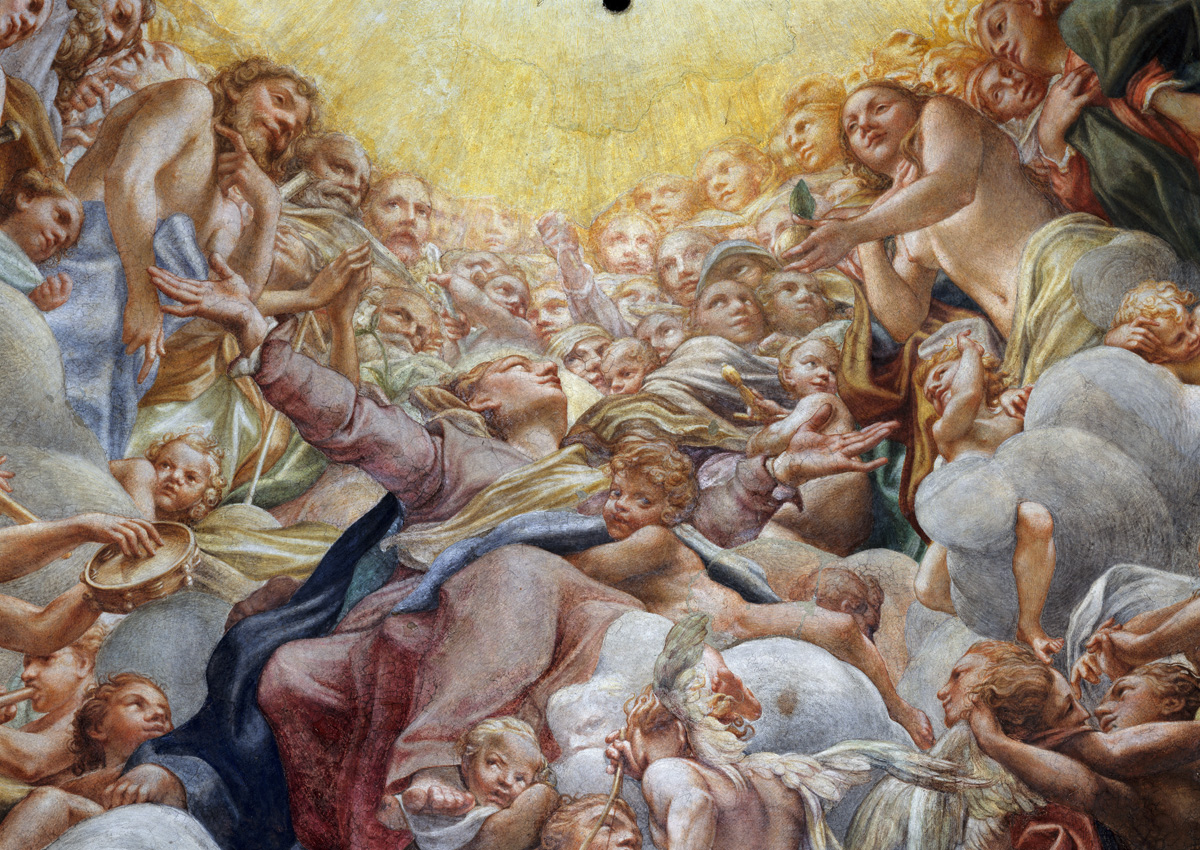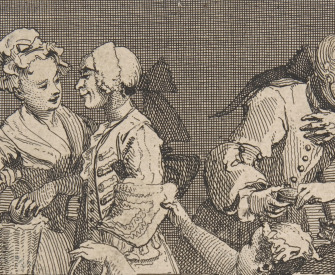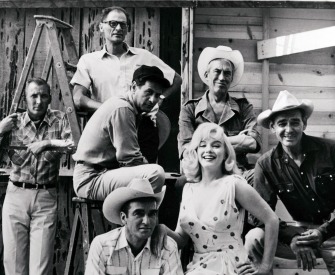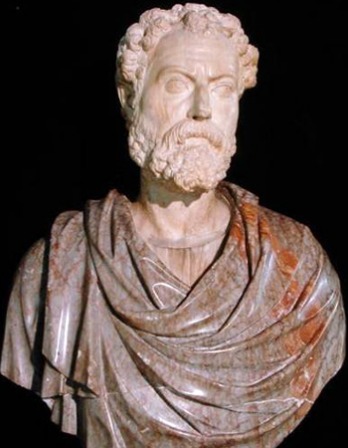So many important transactions take place at Rome that it is difficult for those things which are done in the provinces to get heard of. I have no fear of appearing to assume too much credit to myself if I speak of my own quaestorship.
I do not fear that anyone will venture to say that anybody’s quaestorship in Sicily has been either more acceptable to the people, or has gained a higher reputation for the quaestor. Indeed, I can say this with truth, I at that time thought that men at Rome were talking of nothing else except my quaestorship. At a time of great dearness, I had sent an immense quantity of corn to Rome. I had been affable to the traders, just to the merchants, liberal to the citizens of the municipal towns, moderate as regards the allies, and in every respect I appeared to have been most diligent in the discharge of every part of my duty. Some perfectly unheard-of honors were contrived for me by the Sicilians; therefore I left my province with the hope that the Roman people would come forward of its own accord to pay me every sort of honor. But, when one day by chance at that time, I, on my road from the province, had arrived in the course of my journey at Puteoli, at a time which great numbers of the wealthiest men are accustomed to spend in that district, I almost dropped with vexation when someone asked me what day I had left Rome, and whether there was any news there. And when I had replied that I was on my road from my province, “Oh ay,” said he, “from Africa, I suppose.”

Mary separating Adam and Eve from the angels, fresco at the Duomo di Parma (detail), by Antonio Allegri Correggio, c. 1528.
On this, I, angry and disgusted, said, “No, from Sicily.” And then, someone else, with the air of a man who knew everything, said, “What! Do not you know that Cicero has been quaestor at Syracuse?” I need not make a long story of it; I gave over being angry, and was content to be considered one of those who had come to Puteoli for the waters. But I do not know whether what happened then did not do me more good than if everyone had congratulated me. For after I learned from this that the people of Rome had deaf ears, but very sharp and active eyes, I gave up thinking what men would have said of me, but took care that they should every day see me in their presence. I lived in their sight; I stuck to the forum; neither my porter nor even sleep was allowed to prevent anyone from having access to me. Need I say anything about my time which was devoted to business, when even my leisure time was never my own? For I wrote my orations on days of festival and on holidays, so that I never was at leisure at all. In truth, I have always thought that saying of Marcus Cato, which he put at the head of his Origines, a splendid and admirable one: “Eminent and great men ought to lay down a regular plan for their leisure as well as for their business.” And therefore, if I have any credit, I hardly know how much I have; it has all been acquired at Rome, and earned in the forum.
From “Oration for Plancius.” Cicero won distinction for his prosecution of Gaius Verres for gross misgovernment of Sicily in 70 BC. While taking no part in Caesar’s assassination, he said that his adopted son “should be given praise, distinctions—and then be disposed of.” In 43 BC the triumvirate of Octavian, Antony, and Lepidus ordered Cicero’s execution. His severed head and hands were displayed in the forum.
Back to Issue






